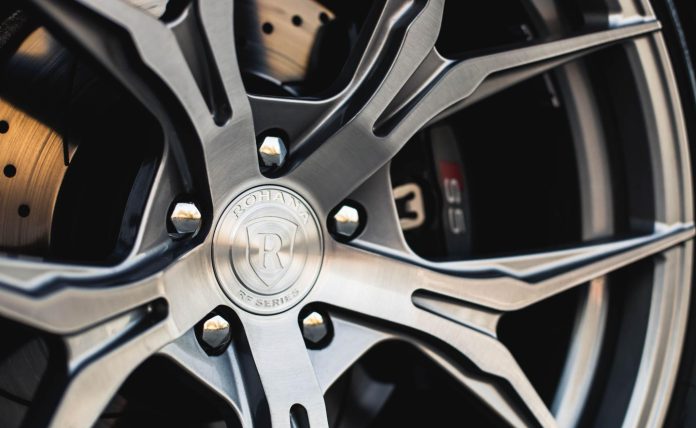Alloy wheels, celebrated for their visual appeal and improved performance, are a top pick for many car enthusiasts and regular drivers. This guide is dedicated to mastering the care of alloy wheels in the UK, including the process of refurbishment when it’s necessary.
Table of Contents
- Introduction
- Tools and Materials
- Cleaning Alloy Wheels
- Protecting Alloy Wheels
- Repairing Alloy Wheels
- Alloy Refurbishment
- Introduction
Alloy wheels, comprising aluminium and other lightweight metals, have several superiorities over traditional steel wheels, such as enhanced performance, increased fuel efficiency, and an elegant appearance. To maintain these advantages and the value of your vehicle, it’s important to follow a routine maintenance schedule and consider alloy refurbishment when required.
2. Tools and Materials
Before beginning maintenance or refurbishment of your alloy wheels, ensure you have the following tools and materials:
- A hose or bucket of water
- Car wash soap or alloy wheel cleaner
- Soft bristle brush or microfiber cloth
- Wheel brush
- Wheel cleaner brush (optional)
- Wheel cleaner gel (for stubborn grime)
- Wheel wax or sealant
- Applicator pads or microfiber towels
- Plastic bags or wheel covers
- Latex gloves (optional)
- Jack and jack stands (for wheel removal, if necessary)
- Socket set (for wheel removal, if necessary)
- Wheel repair kit (optional for minor damage)
- Alloy refurbishment kit (if needed for extensive repairs)
- Cleaning Alloy Wheels
Regular cleaning is key to preventing damage to your alloy wheels from brake dust and road filth.
- Step 1: Prepare Your Workspace
- Park your vehicle in a shaded area to avoid cleaning solutions drying too quickly.
- Ensure your alloy wheels are cool to the touch to prevent damage from temperature fluctuations.
Step 2: Rinse
- Begin by rinsing the wheels with water to remove loose dirt and debris.
Step 3: Apply Cleaner
- Use a wheel cleaner or a mixture of car wash soap and water to apply a generous layer of cleaner to the wheels. Allow it to dwell for a few minutes to loosen stubborn grime.
Step 4: Scrub
- Gently scrub the wheels with a soft bristle brush, wheel brush, and wheel cleaner brush if needed. Be cautious not to scratch the surface.
- Pay extra attention to the nooks and crannies where dirt tends to accumulate.
Step 5: Rinse Again
- Rinse the wheels thoroughly to remove all cleaning residue.
Step 6: Dry
- Dry the wheels using a clean microfiber towel to prevent water spots.
- Protecting Alloy Wheels
Applying wheel wax or sealant is advisable to keep your alloy wheels looking pristine and protected.
- Step 1: Apply Wax or Sealant
- Use an applicator pad to apply a thin, even wheel wax or sealant layer.
- Follow the product’s instructions regarding drying time.
Step 2: Buff
- After the recommended drying period, buff the wheels with a clean microfiber towel until they shine.
- Repairing Alloy Wheels
Minor damage can be fixed with a wheel repair kit, but significant damage usually requires professional alloy refurbishment.
- Step 1: Clean the Damaged Area
- Ensure the damaged area is clean and free from any dirt or debris.
Step 2: Apply Filler
- Use the wheel repair kit to apply filler to the damaged area. Follow the kit’s instructions carefully.
Step 3: Sand and Smooth
- Once the filler has dried, sand it to create a smooth surface. Gradually use finer grit sandpaper for a polished finish.
Step 4: Paint
- If necessary, use touch-up paint to match the wheel’s colour and paint over the repaired area.
Step 5: Protect
- Apply a wheel wax or sealant to the entire wheel to protect the repaired area.
- Alloy Refurbishment
In cases of deep scratches or severe corrosion, professional refurbishment is necessary to restore your alloy wheels to their original condition.
In summary, taking proper care of your alloy wheels in the UK is an investment in your vehicle’s appearance and wheel longevity. Regular cleaning and protective measures are important, but for substantial damage, professional alloy refurbishment is recommended.

